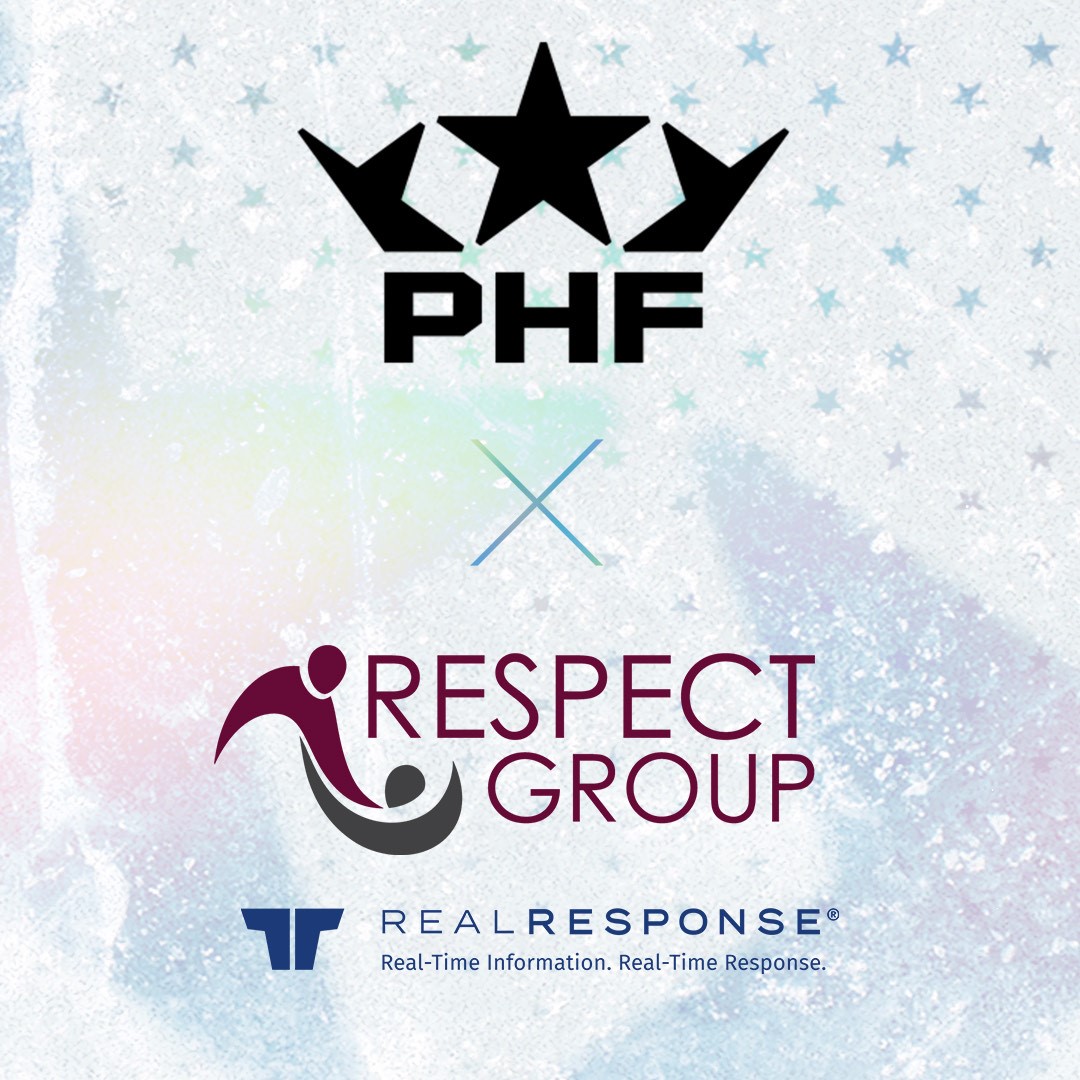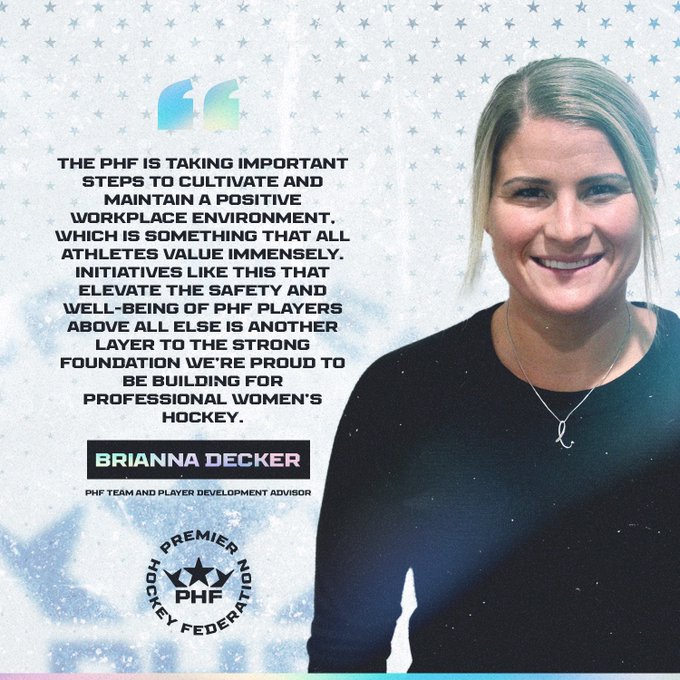
The Strength in Teamwork
As the New Year unfolds, everyone is prepared to set new targets and goals they aspire to achieve. Companies become more ambitious and committed to further expand their businesses proposing unique plans. And everyone is in the pursuit of being more productive to gain better outcomes. One of the greatest methods to accomplish this is through the support of your team.
Every successful organization is built by a team who genuinely cares about one another’s progress. A team is referred to a group of individuals that work collectively to achieve a common goal. Whether your team is with you on the pitch, in the office, or virtually, there are many qualities and characteristics that form a successful, cohesive group. Teamwork is the essence of establishing an atmosphere that will thrive. This is critical in building a culture that is supportive, compelling, and sustainable. Ongoing research recognizes that collaboration leads to better team performances including superior problem solving and analytical skills. This is considering each individual has a unique set of talents, expertise, and perspectives in which they can help enlighten the team with.
In the workplace or sporting environments many overlook their teammates for guidance and/or inspiration and assume this can only be received from those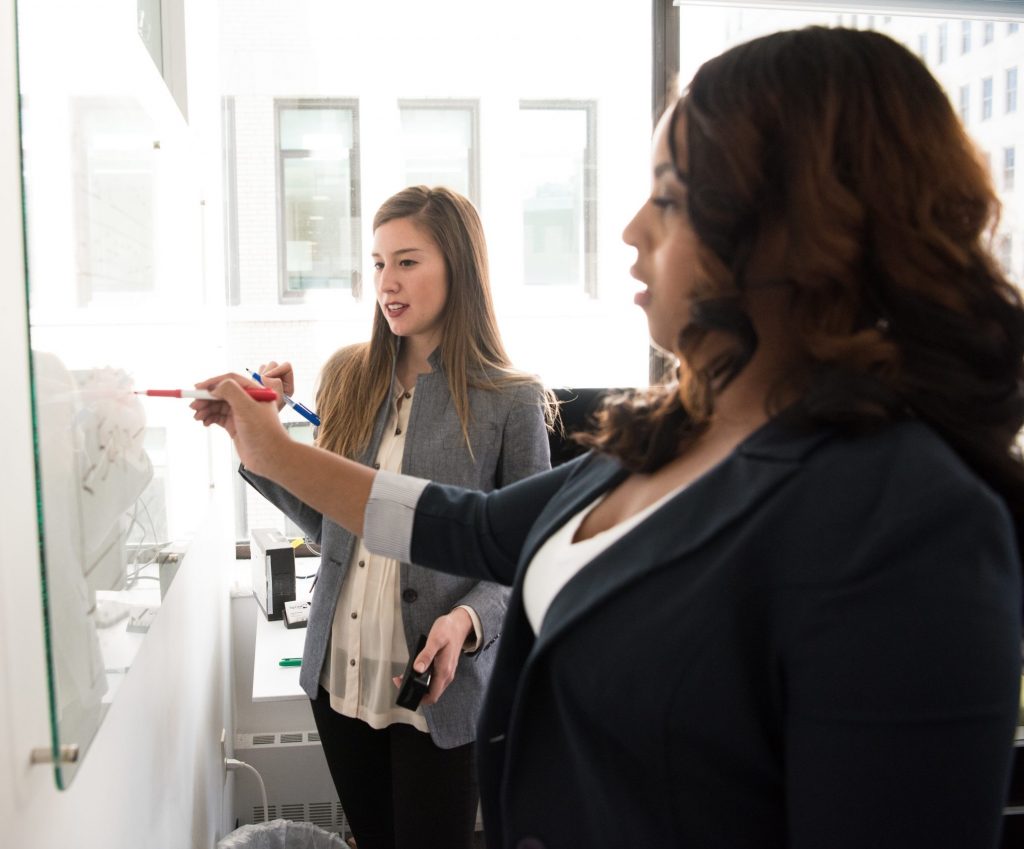 in positions of power or higher status. Managers, directors, and coaches are some of whom we idolize and seek to learn from in order to follow their trajectory. But what strengthens a team is the trust, direction and intelligence that a fellow teammate can also provide. Remember, behind every successful individual is a team and behind every team is a group of individuals that helped elevate each other.
in positions of power or higher status. Managers, directors, and coaches are some of whom we idolize and seek to learn from in order to follow their trajectory. But what strengthens a team is the trust, direction and intelligence that a fellow teammate can also provide. Remember, behind every successful individual is a team and behind every team is a group of individuals that helped elevate each other.
Valuable teams are mistakenly perceived as like-minded, well-aligned individuals that partner to achieve their objective. However, this can be far from the reality. Alternatively, accomplishments usually come from surrounding oneself with diverse thoughts and opinions which guides breakthrough innovation. Although the difference of opinion, experience and thought may seem uncomfortable and daunting at first, it is what truly fosters team growth and helps unlock new milestones. A recent report from the consulting firm McKinsey & Company found that team members from diverse backgrounds including age, gender, ethnicity etc. perform up to 35% better and are far more creative than homogenous teams.
Let’s use a soccer team as an analogy. The team wouldn’t benefit if everyone was a striker. Yes, the team would score many goals, but odds are they would also concede a lot of goals. That’s why the goalie, defenders, and midfielders play an equally vital role on the team. Each having their own duties and bringing forth their own skillset. This reinforces the notion that teams must leverage diversity in all its forms as it can only strengthen a team. Diverse viewpoints and constructive judgements can play a significant role in our accomplishments.
Being an exceptional teammate is about being purpose driven and working toward a team culture you take pride in being a part of. Here are some benefits of teamwork and ways in which you can be an asset to your teammates.
1. Teamwork is sustainable
Teams that work together are more productive in achieving company goals. The company can continue to pursue its mission and deliver upon long term goals.
2. Teams support each other
With a group filled with unique skillsets, expertise and knowledge, teammates can assist where appropriate. While teammates work in the same environment and toward similar goals, they are aware of the time, effort and commitment you dedicate toward your work. Therefore, they are usually more understanding and are willing to support you emotionally and socially as well.
3. Teams are innovative
When teams brainstorm, share ideas with each other and collaborate on different projects, not only are they more engaged but they present fascinating ideas. When facing challenges, they can also utilize different perspectives to discover multiple solutions.
4. Teams learn from each other
Teams that co-build and co-plan are exposed to different mechanisms and approaches that enable break through innovation. Highlighting teammates strengths while appreciating and recognizing how their team can benefit from everyone’s skillset is also integral to team learning.
5. Teams build a strong culture of respect
Teamwork builds a strong bond and creates an environment of respect and appreciation. Being able to trust your peers and be in a safe environment is directly correlated to workplace contentment and productivity. Exemplifying respect shows that you value people’s opinions and are considerate of individual differences.
Therefore, don’t underestimate the motivation and support that can be provided by teammates and how effective it can be in your team culture. Despite the fact that people in higher roles provide incredible insight and wisdom in the workplace, they should not be viewed as the only source that will benefit growth. Remember, your peers can help build the right work organizational environment that will contribute to organizational performance. So, remain positive and committed in order for the ship to be headed in the right direction. Remember, you and your teammates are the core of the team.
References:
Basadur, M. S. (2004). Leading others to think innovatively together: Creative leadership. Leadership Quarterly, 15, 103-121.
Beersma, B., Hollenbeck, J. R., Humphrey, S. E., Moon, H., Conlon, D. F., & Ilgen, D. R. (2003). Cooperation, competition, and team performance: Toward a contingency approach. Academy of Management Journal, 46, 572-590.
Chen, G., & Kanfer, R. (2006). Toward a systems theory of motivated behavior in work teams. Research in Organizational Behavior, 27, 223-267.
Klein, K., Knight, A. P., Ziegert, J. C., Lim, B. C., & Saltz, J. L. (2011). When team members’ values differ: The moderating role of team leadership. Organizational Behavior and Human Decision Processes, 114, 25-36.
Schmutz JB, Meier LL, Manser T. How effective is teamwork really? The relationship between teamwork and performance in healthcare teams: a systematic review and meta-analysis. BMJ Open. 2019 Sep 12;9(9):e028280. doi: 10.1136/bmjopen-2018-028280. PMID: 31515415; PMCID: PMC6747874.


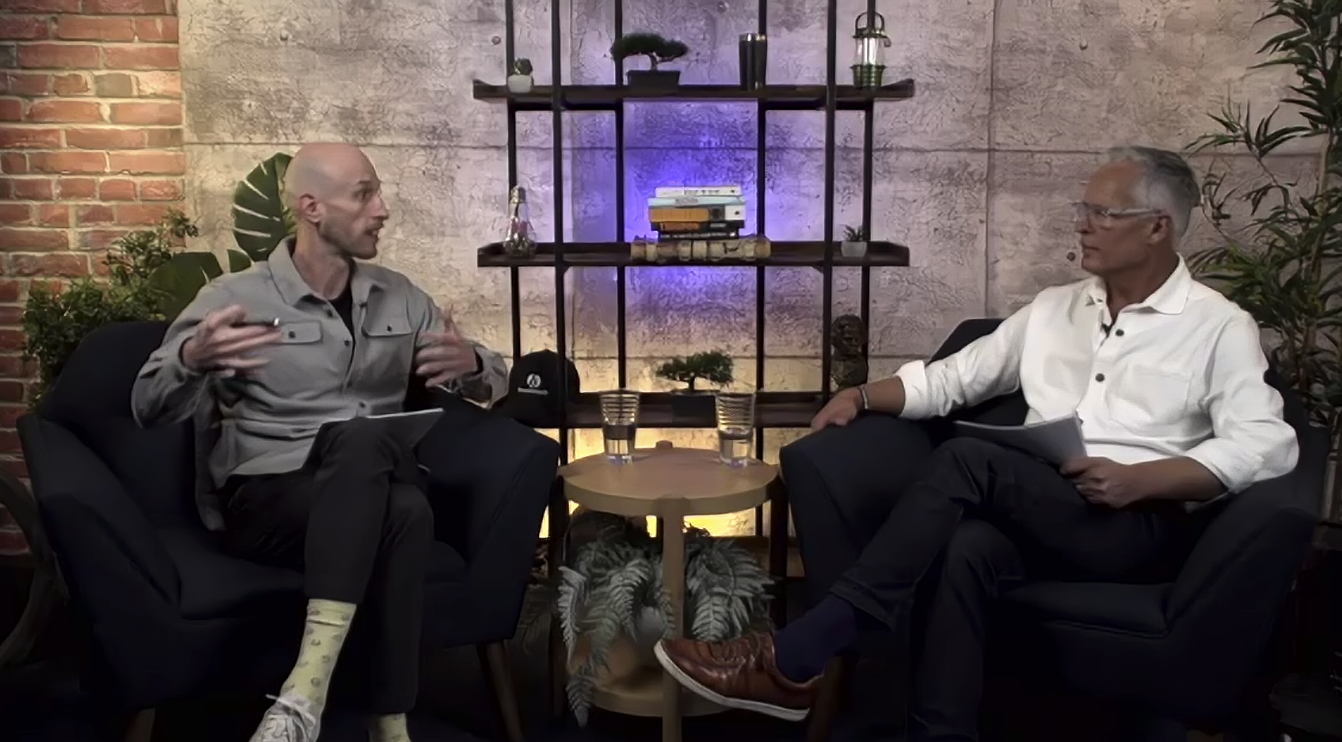


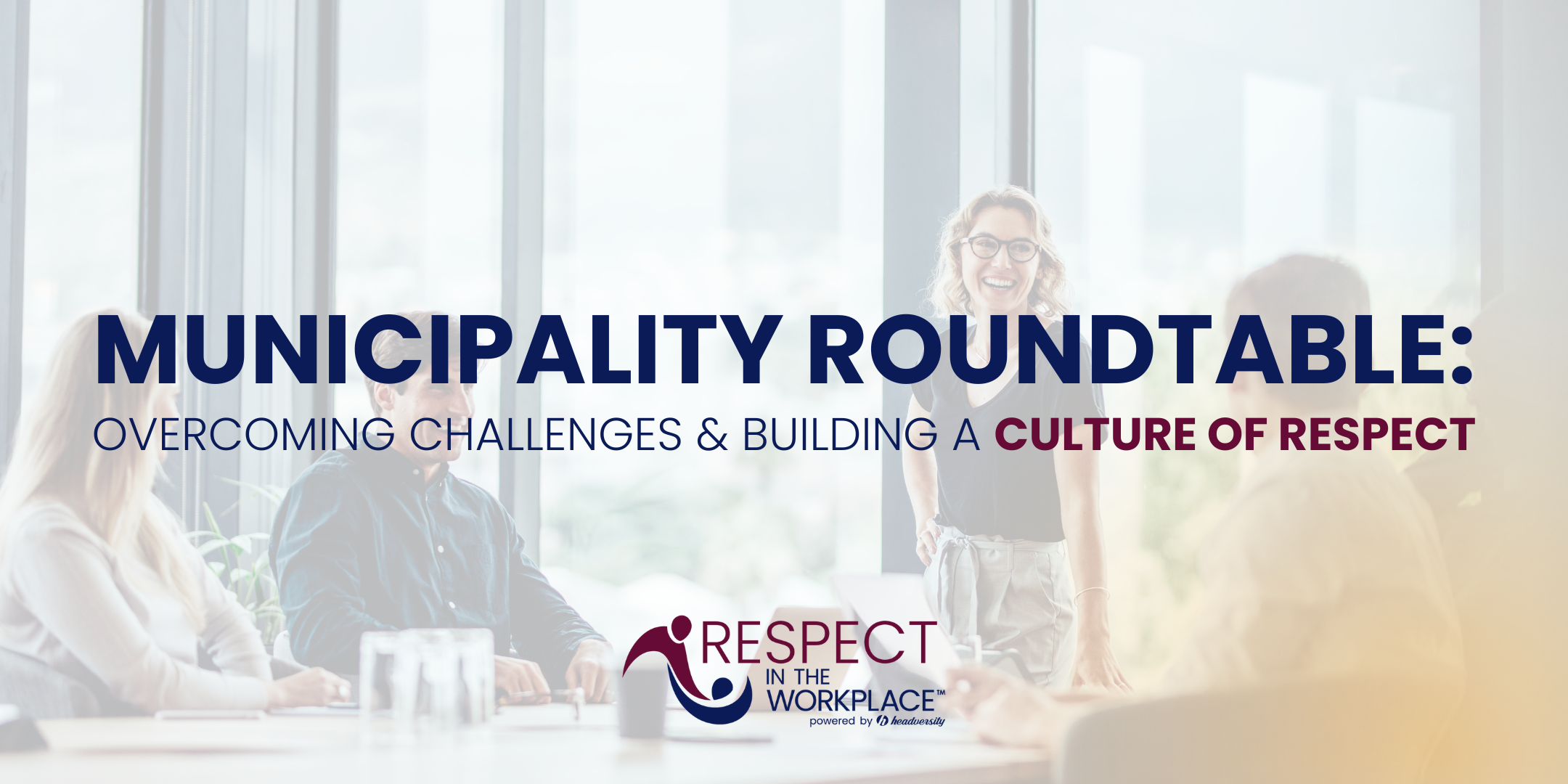

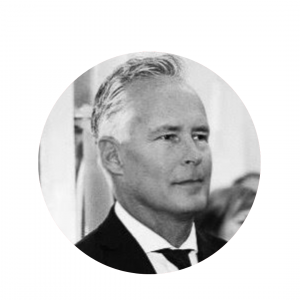

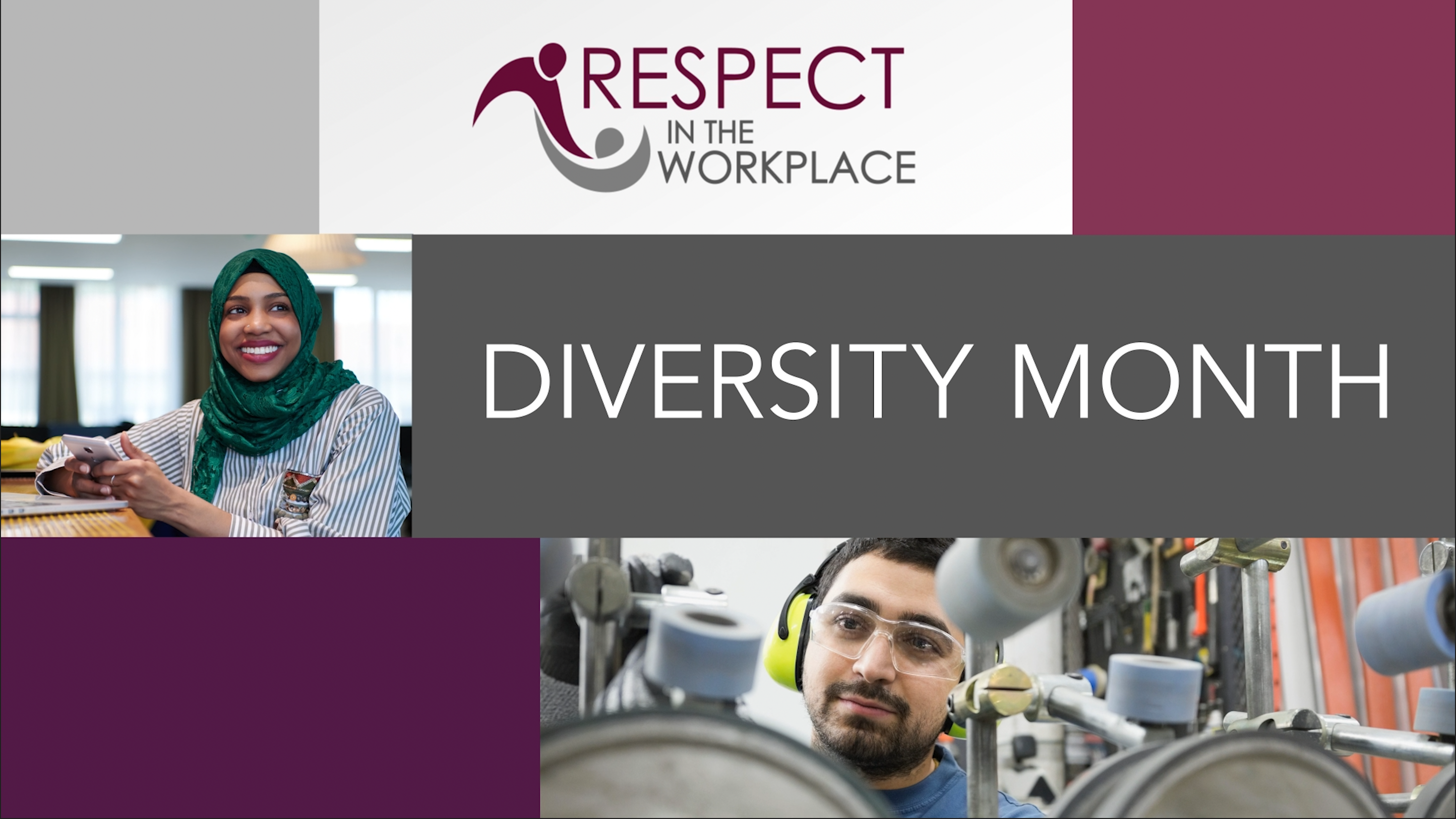

 in positions of power or higher status. Managers, directors, and coaches are some of whom we idolize and seek to learn from in order to follow their trajectory. But what strengthens a team is the trust, direction and intelligence that a fellow teammate can also provide. Remember, behind every successful individual is a team and behind every team is a group of individuals that helped elevate each other.
in positions of power or higher status. Managers, directors, and coaches are some of whom we idolize and seek to learn from in order to follow their trajectory. But what strengthens a team is the trust, direction and intelligence that a fellow teammate can also provide. Remember, behind every successful individual is a team and behind every team is a group of individuals that helped elevate each other.